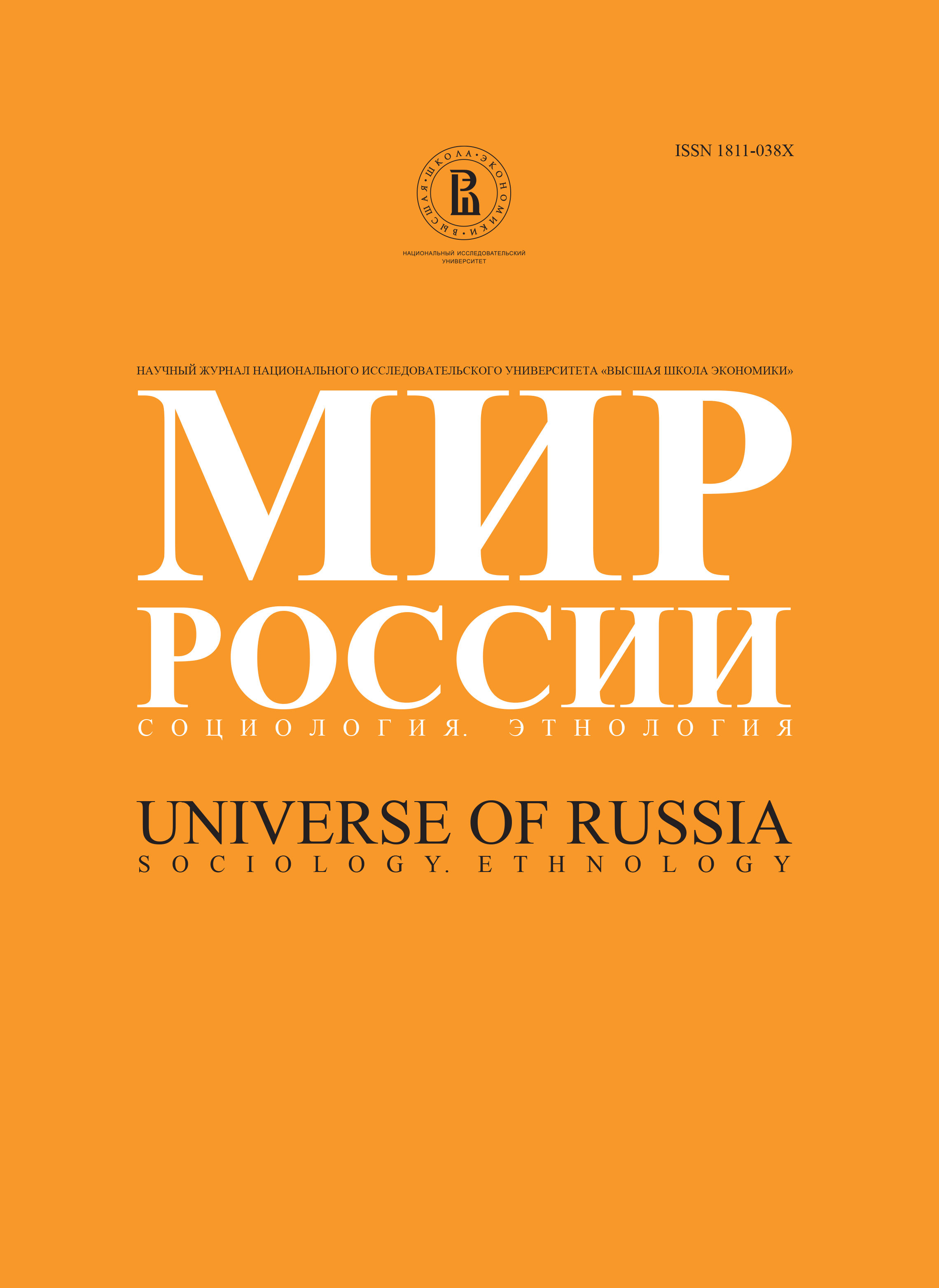Path Dependency Theory And Post-Socialist Transition
Abstract
The article makes a short overview on the main tenets of the path dependency theory and its applications in the study of post-socialist societies. The theory was developed as a response to main stream economist theories of transition, which dominated both the academic research and practical policy making in early 1990s. Behind the path dependency theory was also criticism towards simplified and totalitarianism-inspired theories on socialism, most of which were unconscious of historical and cultural backgrounds of different post-socialist societies. At the policy level this feature was seen in most post-socialist countries in the implementation of policies where the emphasis has been on strong ownership rights, market liberalization, strict financial policies and other macro-economic matters. Less attention has been paid to the role of the state, its capacity to act as neutral and independent «third party, resulting in the slow and distorted development of necessary institutions, which in turn has led to loss of trust to state officials, laws, government and other central bodies and institutions of modem state. The path-dependency theory has been developed within the institutional economics and it rejects the simplistic ideas of the neo-liberalism (and modernization theory) which see transition as a process of social imitation and copying. Instead of this, the path-dependency theory argues that the future is not predetermined nor past determines directly the future of post-socialist countries. The theory argues that the future is not predetermined nor past determines directly the future of post-socialist countries. It analyses present conditions and how they affect the possible future solutions and the past gives for actors in the post-socialist countries means — institutional resources for the present. Therefore the path-dependency theory does not talk about transition, but transformation, which refers to reorganization, recombination or reconfiguration. The main issue in the path-dependency theory is the question about institutions — creation of new institutional order, the friction between the new and old institutions and development of hybrid forms of institutions. For economists institutions are «the rules of the game», exogenous constraints to which rational actors must adapt. For most sociologists institutions are «internalized institutions»: values and cognitive frames. In this context transformation is about redesigning the institutional frameworks of the post-socialist countries and the theory about this is a theory on institutional change — especially the informal institutions, understood as internalized rules or as shared concepts between humans in situations of repeated interaction. These rules or concepts are objective in the sense that all actors in society or particular field of activity have internalized them. The rest of the article presents the main criticisms on the path dependency theory. Firstly, the theory is seen by many critics merely as «fashionable label», meaning that it describes developments only afterwards and therefore there is only retrospective causality. Therefore theory cannot be used for prediction of future events. Secondly, the theory lacks fine-grained mechanisms that might provide necessary and sufficient conditions for path-dependent processes and the theory operates with too high level of generality. The second weakness in theory is that it explains only stability, not the reasons or mechanisms of social change. Moreover, it is used to explain institutional origins where there is instability and where small differences can produce very different outcomes. In this respect, the changes that are explained by the path dependency theory, are just chains of events which have very little logical relation to one another, but are actions taken to solve immediate problems or pressures. Thirdly, the theory includes some kind of normative assumptions; there is in-built an assumption of «dysfunctional» or invalid/ irrational features in social system or policy choices, which is «imported» from economics and it prevents alternative ways of explaining or analyzing the path dependent change. The result is that the adaptation to social change is passive and to some extent random, when in fact there are mechanisms of feedback and interaction within society and even in enterprises, which means that the patterns of adaptation are socially and (interactively constructed. Perhaps the most defect in the path-dependency theory is related to its way to conceptualize informal institutions, their nature and role in post-socialist transition. It is largely supposed that there exists a kind of void of values in the post-socialist countries. The assumption about the value-void is both naive and ungrounded, because people's values, beliefs and moral norms — born even before socialism, such as religion and other cultural forms — had an impact on people's behavior and thinking also during the socialist period. These values, beliefs and norms did not vanish away when the socialism collapsed but as historical tradition they become rationalized and influence as collective representations to the ways people value things and actions of other people. Therefore it is not possible to «import» new morality by administrative means or through «new civil society». It is also possible that the old values and morality turn at least partly dysfunctional to the needs of society or unfold into anti-modern, promoting corruption, crime and various forms of anti-social activity. The path-dependency theory is an important contribution in the study of post-socialist transformation, because it questions simplified conceptions about functions of society and economy and their success The main lesson of the path dependency theory is that preconditions of successful transition and development differ between the countries and periods of time — which emphasizes the role of history on one hand and culture on the other. Therefore, there can not be a general theory of transition or transformation, for that matter as there are no typical post-socialism and no typical capitalism.






